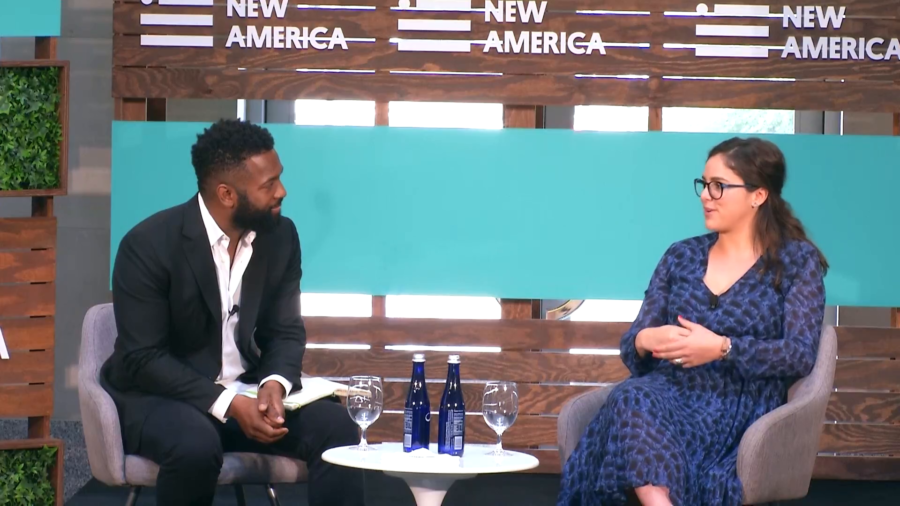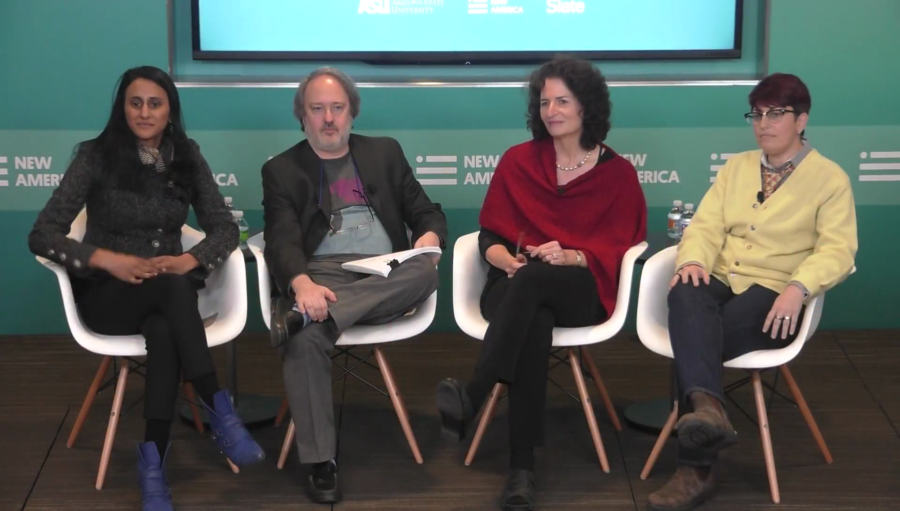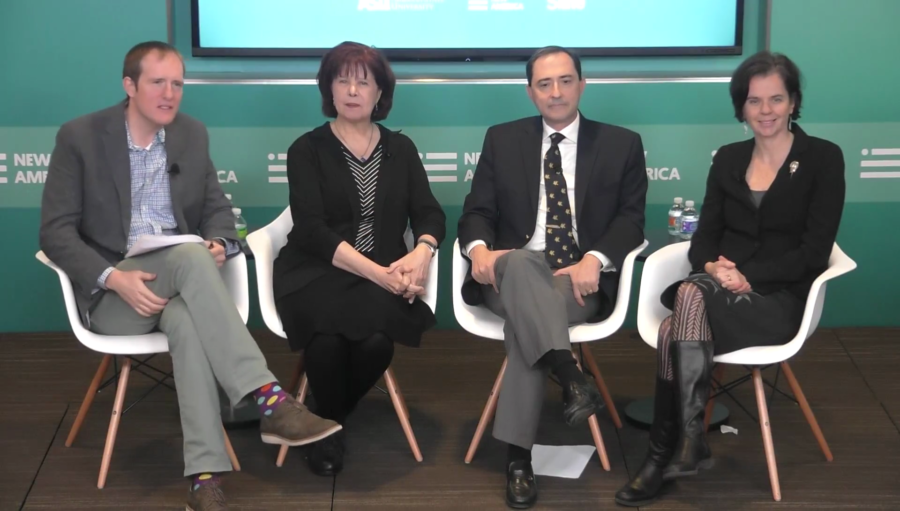When data scientists talk about bias, we talk about quantifiable bias that is a result of let’s say incomplete or incorrect data. And data scientists love living in that world—it’s very comfortable. Why? Because once it’s quantified if you can point out the error you just fix the error. What this does not ask is should you have built the facial recognition technology in the first place?
New America (Page 2 of 5)

AI in Reality
presented by Elana Zeide, Kevin Bankston, Lindsey Sheppard, Miranda Bogen, Rumman Chowdhury
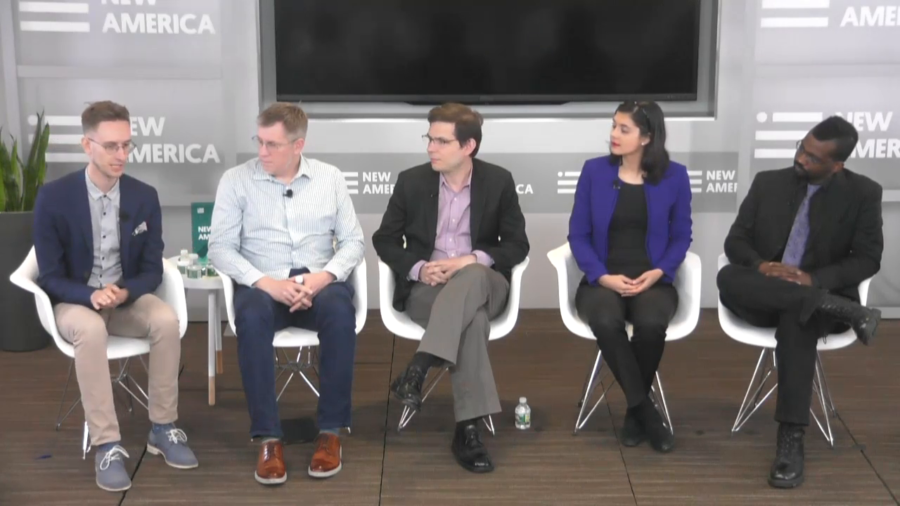
AI in Sci-Fi
presented by Andrew Hudson, Chris Noessel, Damien Williams, Kanta Dihal, Lee Konstantinou, Madeline Ashby
What I hope we can do in this panel is have a slightly more literary discussion to try to answer well why were those the stories that we were telling and what has been the point of telling those stories even though they don’t now necessarily always align with the policy problems that we’re having.
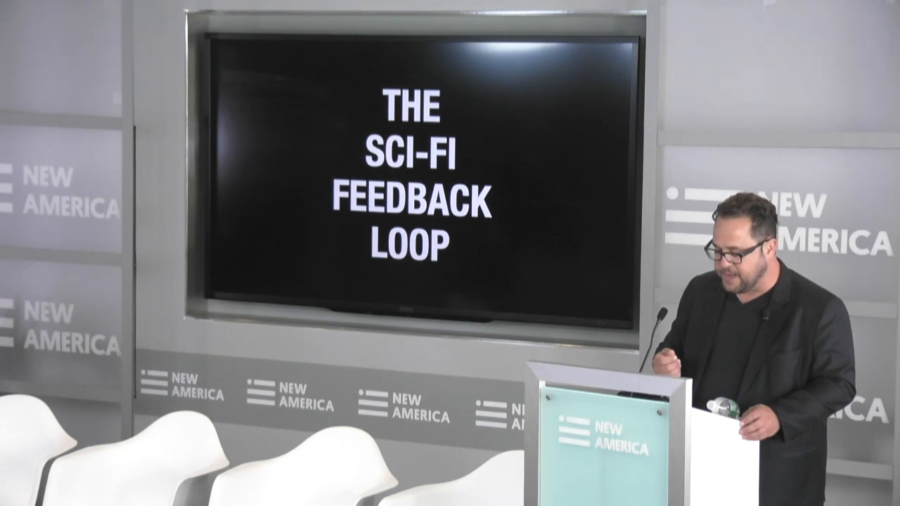
The Sci-Fi Feedback Loop
presented by Kevin Bankston
We’re here because the imaginary futures of science fiction impact our real future much more than we probably realize. There is a powerful feedback loop between sci-fi and real-world technical and tech policy innovation and if we don’t stop and pay attention to it, we can’t harness it to help create better features including better and more inclusive futures around AI.
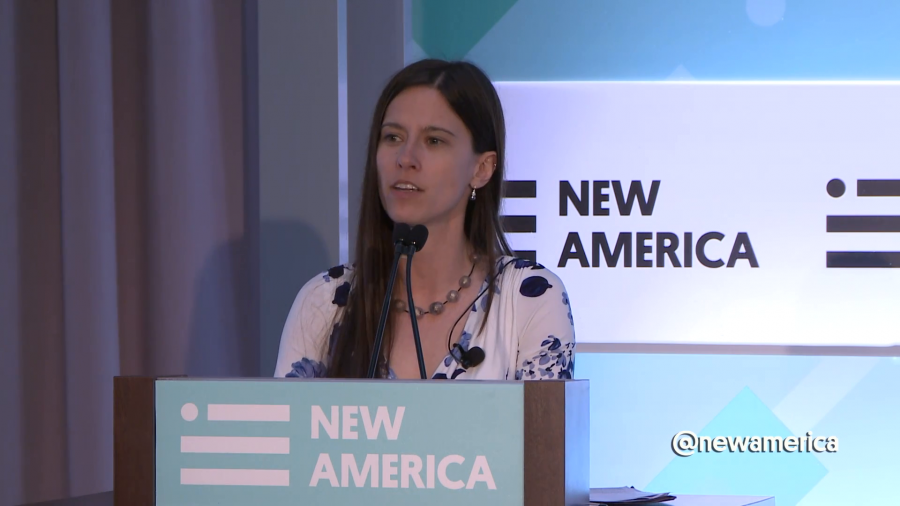
Projecting the Future of Cyberspace
presented by Betsy Cooper
What we’re trying to do is to see over the horizons, looking at essentially a five-year time frame, and identify what will be the cybersecurity landscape in that context.
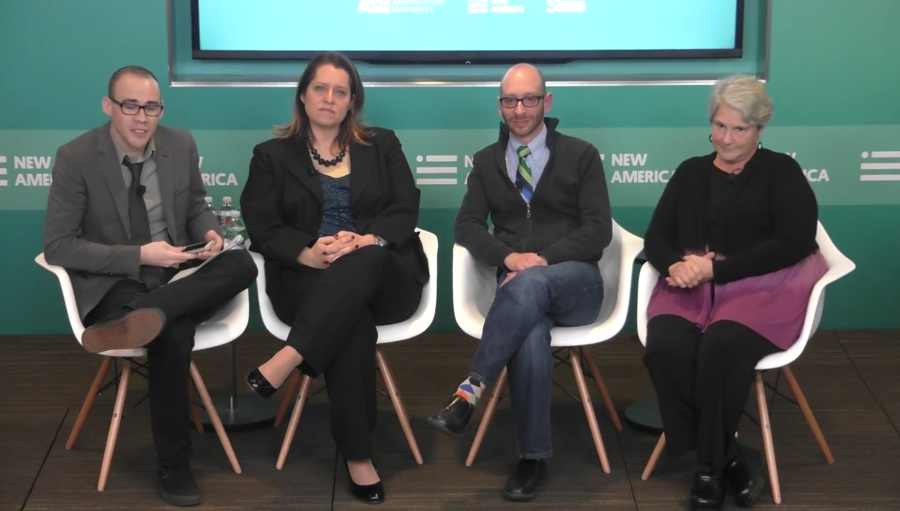
The Spawn of Frankenstein: Unintended Consequences
presented by Cara LaPointe, Joey Eschrich, Samuel Arbesman, Susan Tyler Hitchcock
Victor’s sin wasn’t in being too ambitious, not necessarily in playing God. It was in failing to care for the being he created, failing to take responsibility and to provide the creature what it needed to thrive, to reach its potential, to be a positive development for society instead of a disaster.
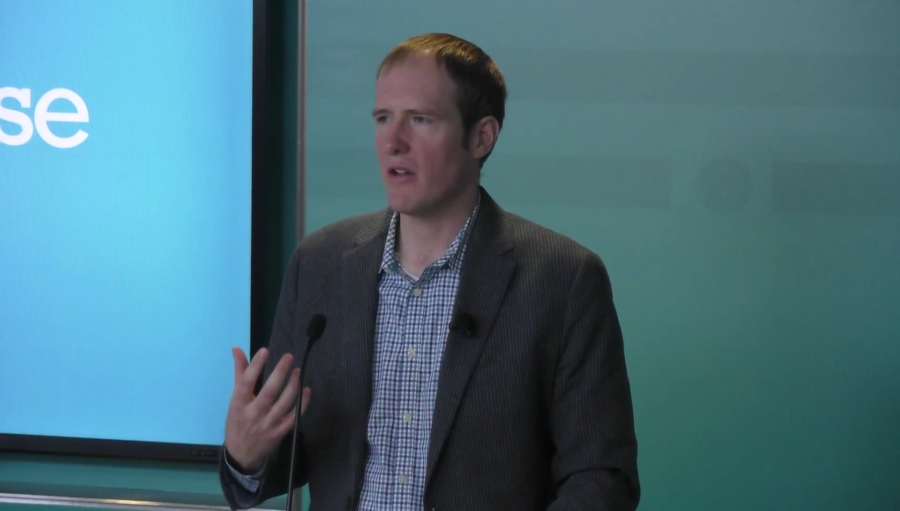
The Spawn of Frankenstein: It’s Alive
presented by Ed Finn
Mary Shelley’s novel has been an incredibly successful modern myth. And so this conversation today is not just about what happened 200 years ago, but the remarkable ways in which that moment and that set of ideas has continued to percolate and evolve and reform in culture, in technological research, in ethics, since then.
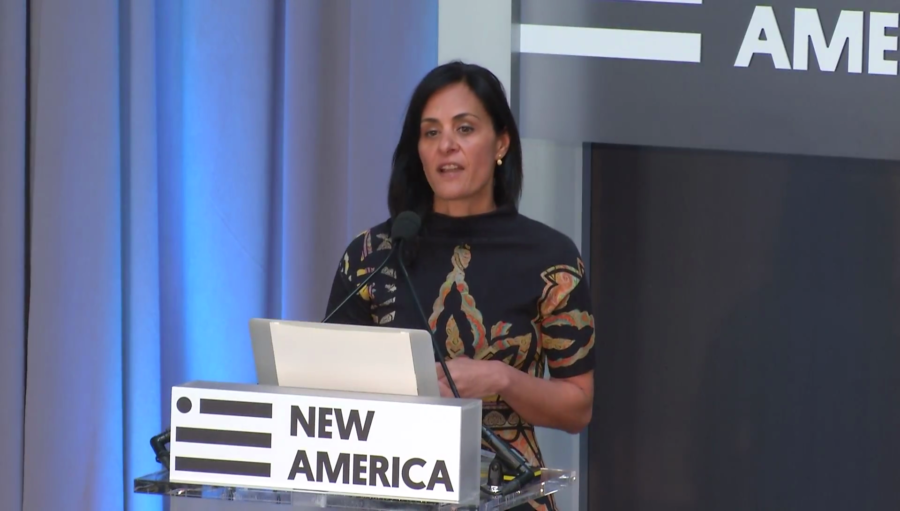
Rise of the Hacker Industrial Complex
presented by Niloofar Howe
We have basically lost control over our network. All of the advances that have made our lives more productive, more accessible, more connected, have fundamentally disintermediated our ability to protect our environments. The democratization of information, of technology, of goods and services, of banking, of financial transactions with blockchain etc., means every aspect of our lives has become accessible and therefore vulnerable.

